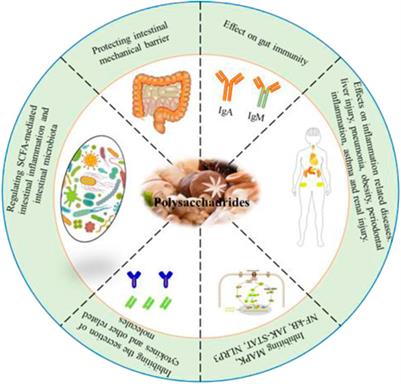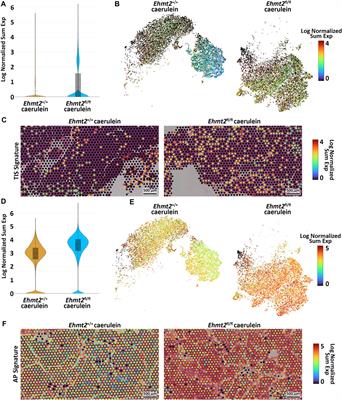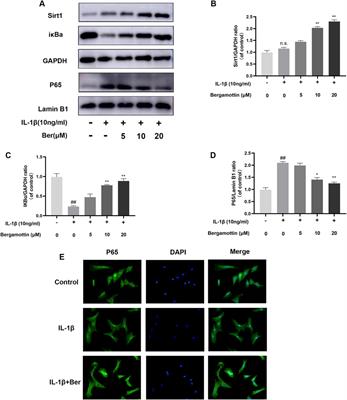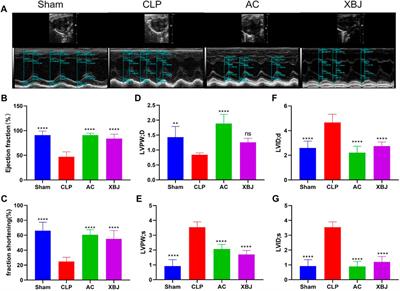EDITORIAL
Published on 28 Oct 2024
Editorial: Epigenetics of inflammatory reactions and pharmacological modulation
doi 10.3389/fphar.2024.1505196
- 302 views
3,031
Total downloads
9,511
Total views and downloads
EDITORIAL
Published on 28 Oct 2024
REVIEW
Published on 26 Jul 2024

ORIGINAL RESEARCH
Published on 14 Jun 2024

ORIGINAL RESEARCH
Published on 29 Apr 2024

ORIGINAL RESEARCH
Published on 29 Nov 2023

